Apple has introduced a way to carry a digital version of your driver's license in your iPhone, but don't expect to ditch your physical ID in the foreseeable future.
Numerous obstacles are preventing the widespread adoption of digital IDs, from societal hesitancy to government regulation. More than that, general education, training, and technological limitations will likely be an issue for at least a decade. In other words, the feature might be flashy now — but it won't be practical for some time.
Apple has been working on this concept for nearly as long as it will take to gain traction. As early as 2018, Apple filed patents around storing documents such as a passport, then presenting that information to a terminal via NFC or RFID.
In 2019, Apple Pay VP Jennifer Bailey said the ability to prove one's identity is the most difficult thing to digitize. It will require action from the government to make it legal, so digital ID will be a slow feature to implement. Later, in 2020, more patents were discovered covering authentication systems for digital ID. The device would pass data to a cloud provider for authentication.
Apple announced support for digital IDs in Apple Wallet during WWDC in June 2021. The feature will require per-state adoption in the U.S., and per-country adoption globally, for users to take advantage of it. Even when that does happen, there are plenty of other hurdles for the feature to tackle before it becomes truly useful.
Current digital ID implementation
Apple's digital ID implementation supports the ISO 18013-5 mDL (mobile driver's license) standard, which Apple helped develop. This digital ID format could be used by other operating systems, like Android, in the future.
Users will scan their physical ID or driver's license, take a selfie, then submit the data for approval. Once approved, the ID will appear in Apple Wallet.
Information stored in the iPhone's Secure Enclave include legal name, date of birth, sex, height, ID number, state, issue date, expiration date, Real ID status, and ID photo. Users can access the card and view stored data after authenticating with Face ID, but this won't be how the ID is shared.
When at an ID terminal, a user will tap their iPhone to the terminal and a data card will appear on the iPhone. The card will describe the data that will be passed to the terminal for inspection or authorization. Then, the user will authenticate via Face ID or Touch ID to transfer the requested data.
The digital ID system was built with security and user privacy in mind. For example, touch ID users will only be able to use a single finger for authentication, preventing unfettered access on devices with multiple people's fingerprints.
Only for TSA — for now
You live in a state that officially supports Apple's digital ID implementation, you've added your ID to Apple Wallet, and now you want to use it. Even then, your practical use will only be with the TSA checkpoints at airports.
The use case is even more narrow than that, since you can only use your driver's license as a form of ID when flying within the U.S. So, yes, this feature will remain incredibly niche for the foreseeable future. Apple has yet to mention any specific uses for the feature beyond breezing through TSA checkpoints. That's likely because the TSA is onboard, and has been working with Apple on it.
Once Apple convinces every U.S. state to adopt driver's licenses in Apple Wallet, the obvious next step is opening up its use to other situations. There's no timetable for expansion — yet. However, it's easy to imagine the possibilities.
Don't ditch your physical wallet
Anyone who sees the digital ID system sees the obvious eventuality that this could be used for all forms of ID in the future. In theory, it could be used for anything from proving your age to purchasing alcohol to showing your driver's license at a traffic stop. Again, Apple has not teased any of that yet, so don't expect to buy a beer with your iPhone anytime soon.
Of course, this all depends on widespread adoption and legal acceptance. Not only will states have to implement the feature, but governments will also have to allow businesses to accept it as a form of ID. From there, individual businesses or organizations will need to have the infrastructure to properly scan the digital IDs.
For example, laws will likely have to be passed for bars to accept digital ID as a form of legal ID. But, then, bars will have to implement a way to accept the ID, since you can't flash your iPhone display to prove your birthdate — they'll need a terminal for you to tap.
That terminal will cost money to install at businesses, as will employee training. Apple Pay had some financial and legal incentives behind payment terminal rollouts. The digital ID does not.
Many of us invested in technology are excited by the premise of an all-digital future, but we live in an analog world that won't change anytime soon. So even if your favorite businesses accept digital ID, you'll undoubtedly still run into situations when a physical ID will be required.
Police and traffic stops
Almost immediately, people began voicing their concerns about how they would present a digital driver's license to police at a traffic stop. While we're nowhere near this eventual possibility, the concern is valid.
Using Apple's implemented system, a traffic stop would be straightforward. Per the system, you won't be handing your unlocked iPhone to an officer to take back to their car. Instead, the police officer would present a terminal at the driver's window, and the driver would tap their iPhone. The iPhone would say what data the officer is requesting, then the driver would verify via Face ID.
Unlike the TSA, police departments are independent entities, and it will take a lot of time for each of them to properly implement a digital ID system. Even with proper implementation and training, a police officer could still make the decision to demand a driver hand over their iPhone.
Concern surrounding police stems from ongoing problems with police brutality, discrimination, and abuse of power. Many people believe that police may attempt to take advantage of the digital ID system to gain access to personal devices.
Understandably, people want to avoid handing their iPhone to a police officer to present their license. However, Apple's system is designed so that your device never has to leave your person, and it doesn't need to be unlocked. Of course, it's up to individual police departments to train their officers to know that.
Training and funding are some of the biggest hurdles for police adoption. Each municipality has its own police department — and there are a lot of cities, towns, and regions across the U.S. It's virtually guaranteed that training and technology won't be the same across all of them, which could complicate situations with digital IDs.
However, if this system makes people uncomfortable, no matter how it's implemented, it likely won't be mandatory. Default to your physical ID in any situation when using the digital ID might introduce a complication or concern.
In other words, adding a digital ID to Apple Wallet doesn't make your physical ID automatically useless. And in situations that could quickly become fraught, like a traffic stop, it'll probably still be a good idea to use your physical ID.
Keep your physical ID for the edge cases
Users will soon be able to add their driver's license or state ID to Apple Wallet. Are you excited to go all in on a digital wallet?
— AppleInsider (@appleinsider) September 1, 2021
If you're reading this, chances are you're the "tech person" of your family. So you'll be on top of Apple's digital ID program from day one and know the moment it goes live in your state.
However, most people do not follow tech that closely. Implementing technology on a societal level can take years, if not decades. Recall how slow adoption for Apple Pay has been in the U.S. — we still encounter the occasional clerk who's never seen it before.
Amplify that further for using digital ID in Apple Wallet. Even after your state implements the feature, it will take a very long time for businesses to become aware of it, let alone accept it.
Even if you find that everywhere you go in your local area accepts your digital ID, travel one town over without a physical ID, and you could be in trouble. Therefore, we recommend keeping a physical ID in your vehicle, if not on your person, for the foreseeable future.
Digital vaccine cards prove implementation difficulties
Just like digitizing an ID, digitizing a medical record such as a vaccine proof has become a difficult challenge to overcome. Each state or country has employed different developers to add vaccine proofs to websites and apps.
This has allowed some people to carry proof of their COVID vaccine on their person without having to keep up and protect a paper card. Presenting that information can leave a lot to be desired from a security standpoint.
Ideally, Apple's digital ID system could expand to include other forms of data like medical records, but developers aren't hopeless today. There are systems in place that allow third-party apps and websites to add secure cards to the Apple Wallet, they just have to be implemented.
Users can take some extra steps to ensure their COVID vaccine proof is all that is accessible when handing over a device, however. By utilizing system features and Shortcuts, a user's vaccine proof can be presented securely with a single tap.
If getting a simple vaccination proof to show up securely presents a challenge to the United States as a whole, it proves that something as heavily regulated as a driver's license will take enormous hurdles to implement.
What to expect for digital ID
All that being said, nothing has been implemented yet. The feature will slowly roll out over the coming years with minimal, if any, adoption across the U.S.
Digital ID will first launch in Georgia and Arizona, with six other states sometime after. Connecticut, Iowa, Kentucky, Maryland, Oklahoma, and Utah promised support on an unknown timeline.
Apple has only announced the TSA partnership and hasn't hinted at anything more. So, there is always a chance that Apple doesn't intend on expanding digital ID beyond minimal use cases.
States spokespeople seem to be looking ahead, however, as nearly all of their testimonials in Apple's PR mention looking forward to what's next. But cooperation from state governments doesn't mean everything.
There is a perfect example to look to for how tech companies and governments can work together, and still get nowhere — exposure notifications. The controversies and political nature surrounding COVID-19 may have limited adoption of exposure notifications, but digital ID may face similar headwinds.
However, it is essential to understand that unlike a debit card in Apple Pay, you can't just go without a physical form of ID and hope it just works out. Practically speaking, you don't want to be caught without a valid ID just because you want to be an early adopter.
 Wesley Hilliard
Wesley Hilliard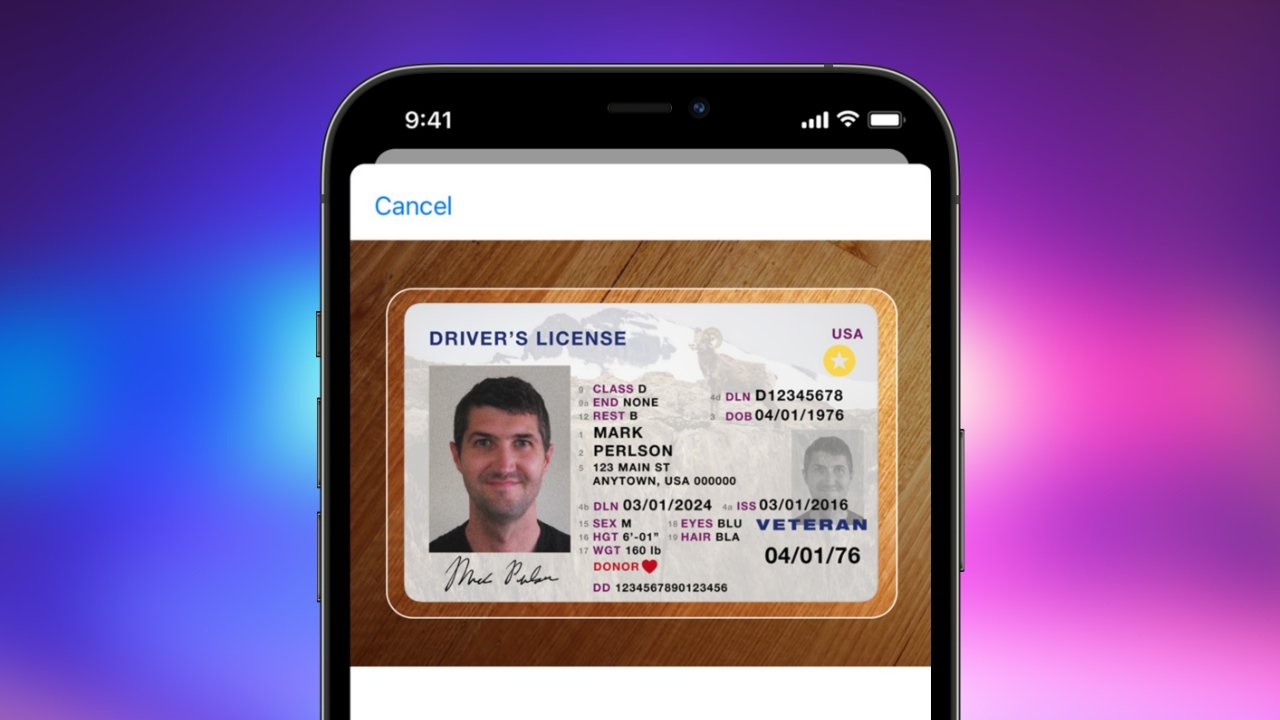
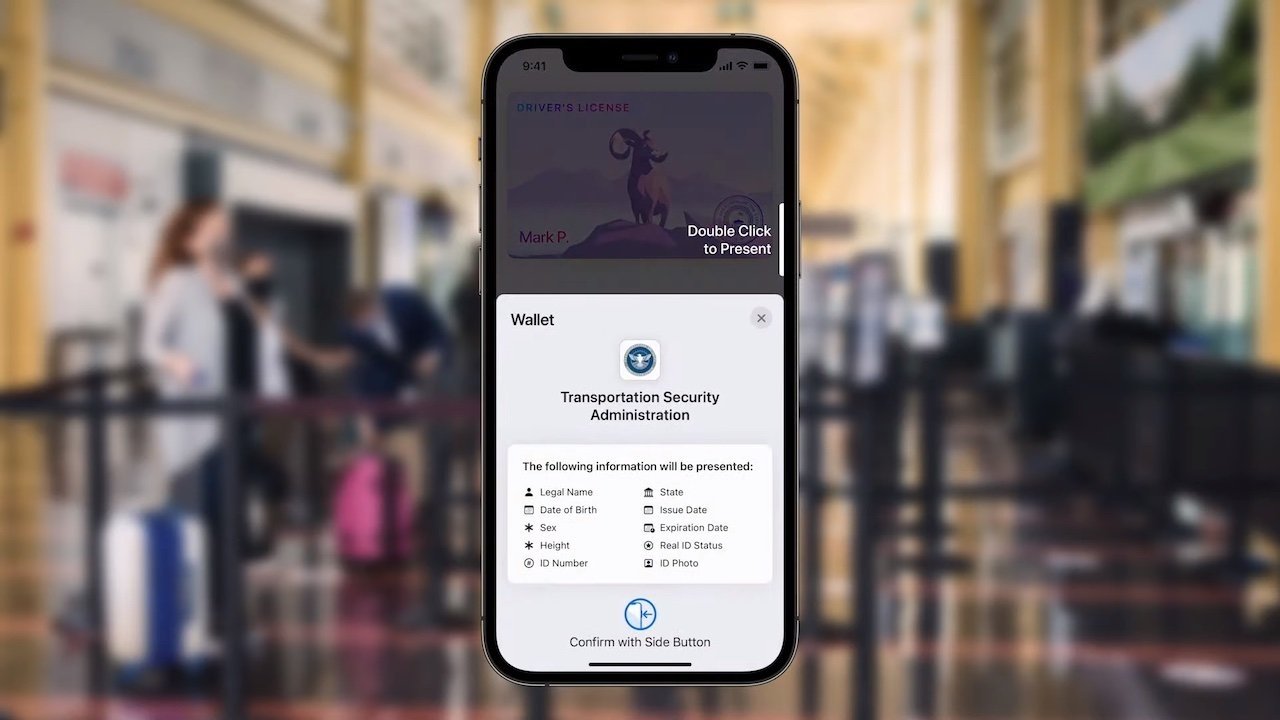
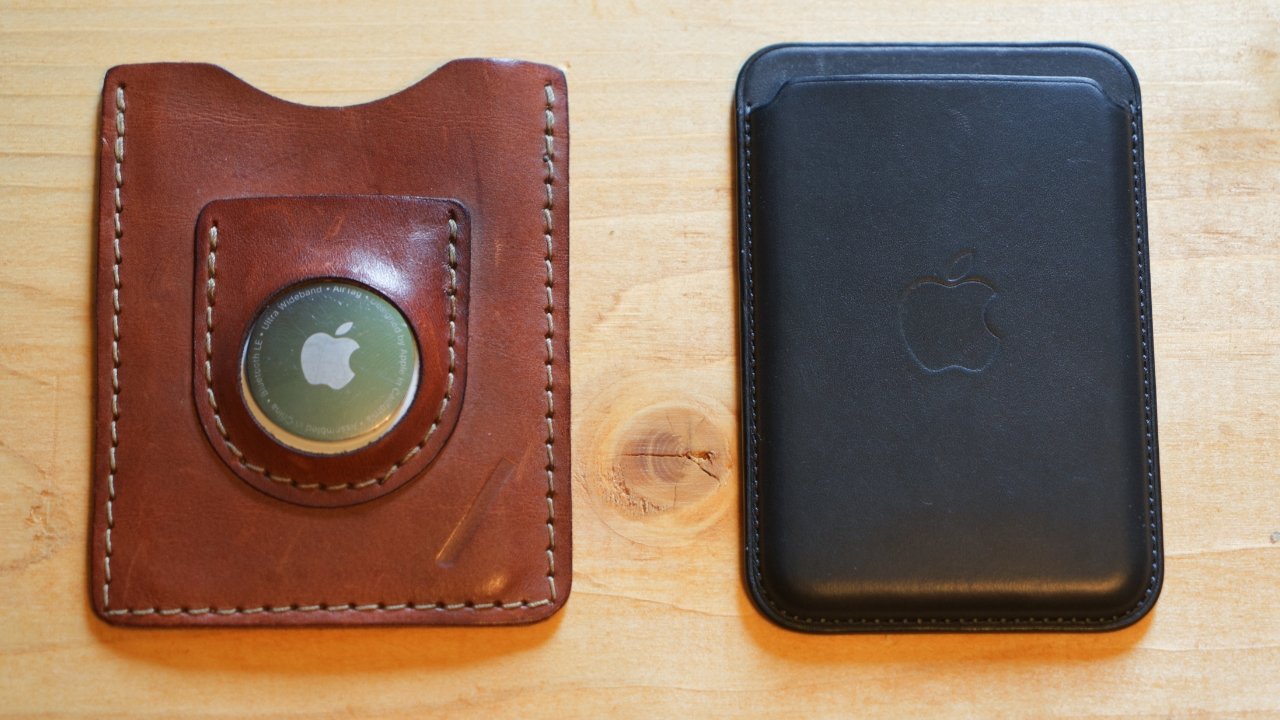
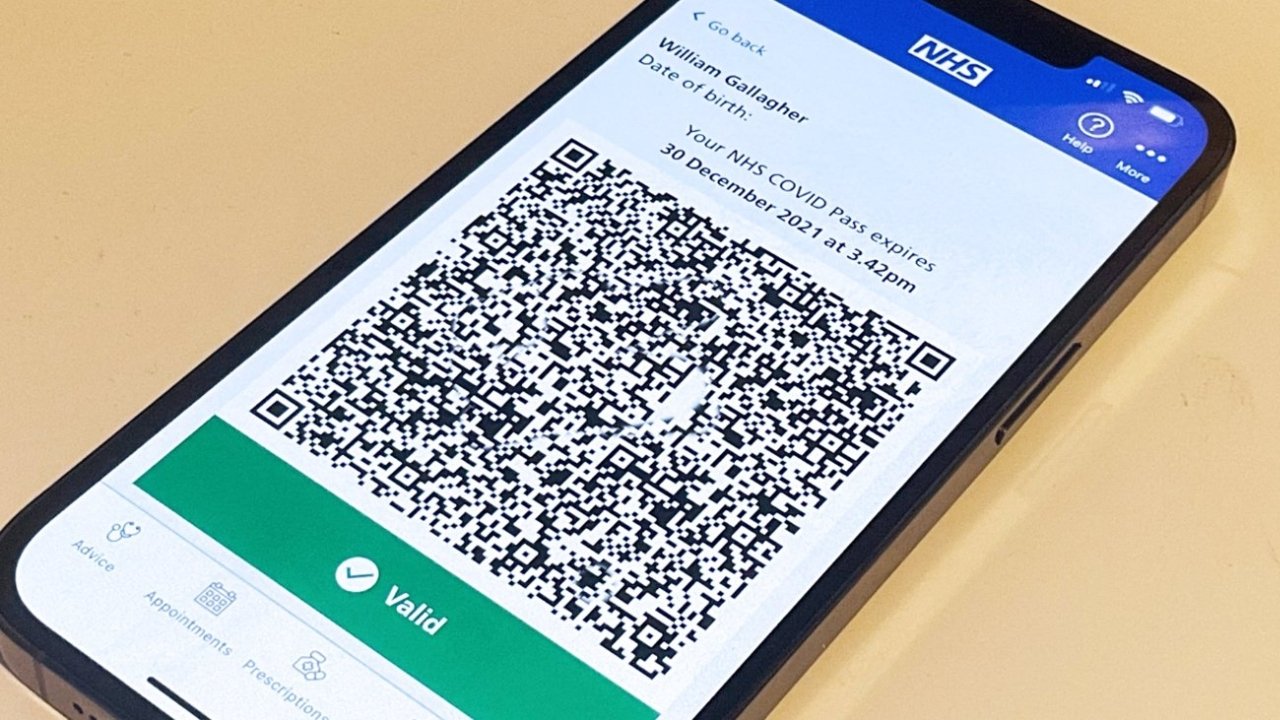
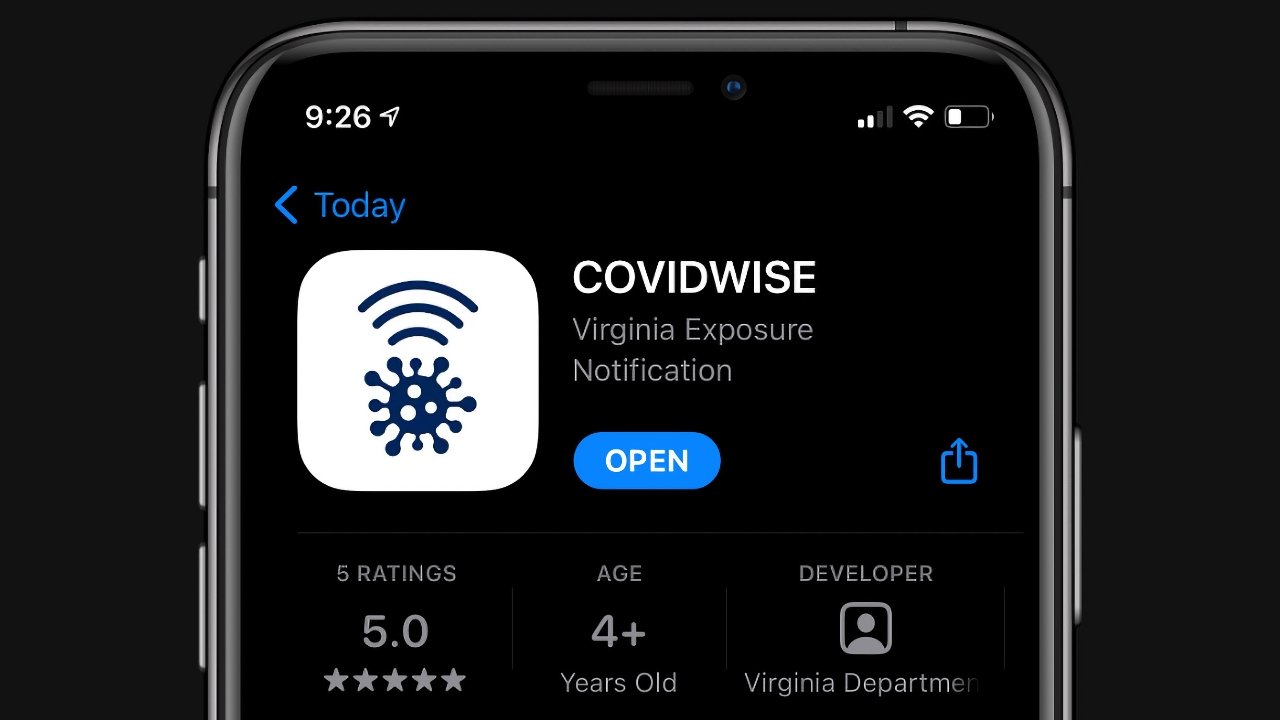







-m.jpg)






 Andrew Orr
Andrew Orr
 Malcolm Owen
Malcolm Owen
 William Gallagher
William Gallagher





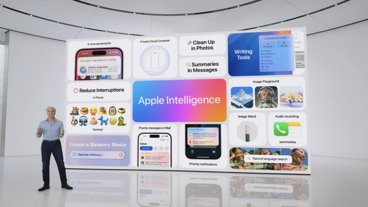


-m.jpg)




17 Comments
Good article — it’s definitely going to be a decade+ until you can reliably leave your plastic ID at home.
It’s an app that “validates” one of these IDs. And, for anyone who is curious how the data flow works: https://link.medium.com/JqfB9CJuejb
That this iteration requires a specialized reader to receive the encrypted signal from the iPhone makes a delay in universal adoption very likely. This isn’t anything like simply having my Starbucks card ready to scan when I walk in the shop.
Governments and municipalities have a hard time with current operating cost, the outlay for purchasing and training for readers/scanners will delay this for a very long time I would think.
Btw, I feel sorry for LA citizens … they financed an app development studio in Baton Rouge to create some proprietary ID system and now this Apple/Google standard is here.
I imagine LA is in for similar experience as we saw with Apple Pay vs. other-crazy-pay-thing
It’s crazy how the US is so advanced in pretty much anything but it isn’t on some others.